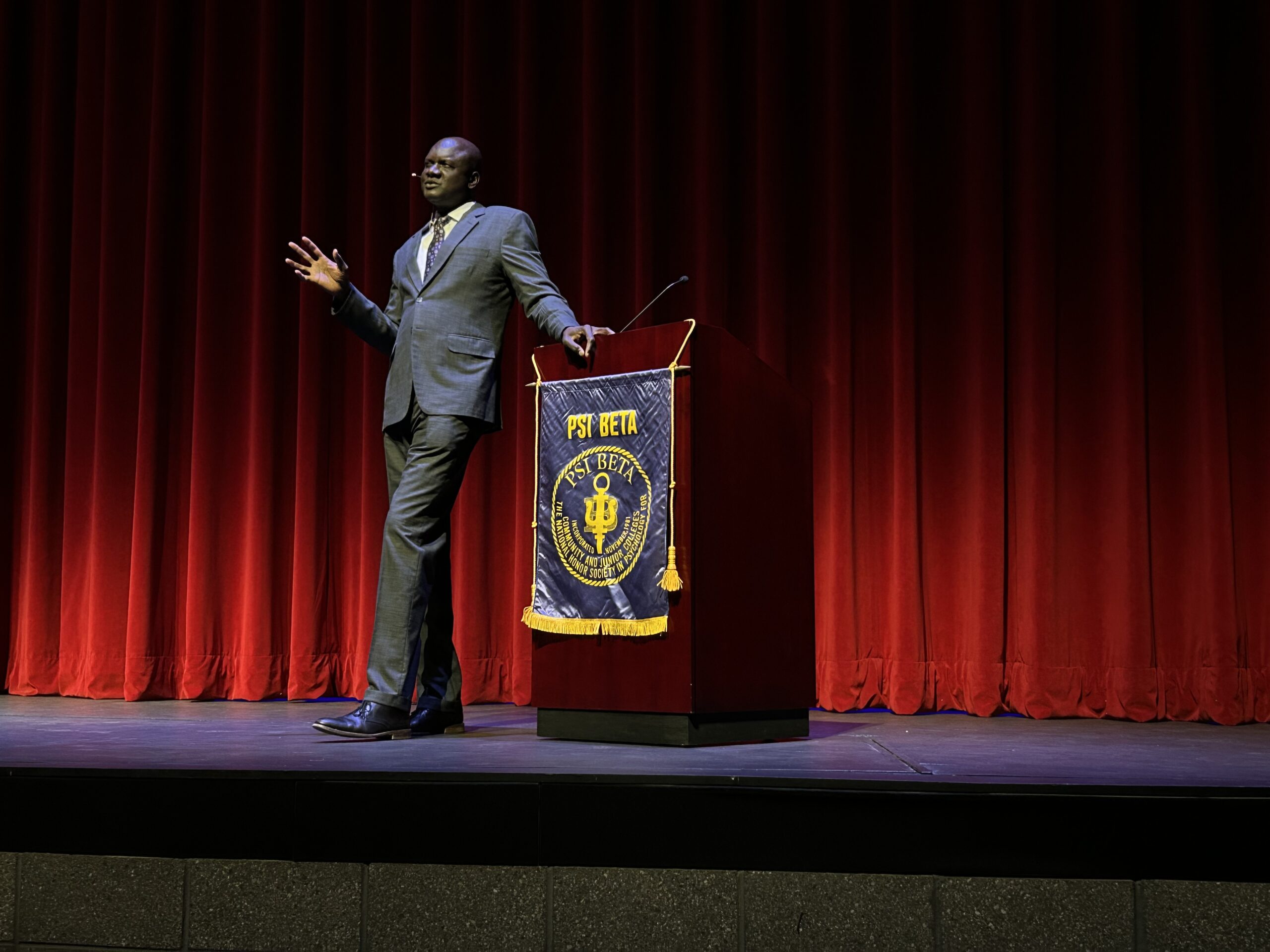Global temperatures set to rise
Jared Portugal
The new United Nation’s Intergovernmental Panel on Climate Change report shows that global temperatures will rise due to human impact by the end of the century.
Scientists found that human emissions of greenhouse gasses is to result in rise of sea levels, heat waves, and extreme weather, according to the new IPCC report released earlier last month in Stockholm, Sweden.
According to the results found by IPCC scientists “Human influence is clear” and has increased since pre-Industrial Revolution times.
Scientists have found that carbon dioxide emissions have increased to ‘unprecedented’ levels over the past 800,000 years, resulting in the acidification of our oceans according to the Statement for Policy Makers section of the report.
This is already having ‘devastating’ effects for marine life and reefs, putting many species at risk of inevitable mass extinctions, states a report from the International Programme on the State of the Ocean.
“We need to build resilience and seize opportunities for a low carbon future” said UN Secretary General Ban Ki-Moon speaking at the IPCC meeting.
In Arizona, power plants are adding to the pollution according to a report released by an environmental advocacy group in early September, which found that the state operated three of the top 50 ‘dirtiest’ power plants nationwide measured by carbon dioxide emissions.
“America’s dirtiest power plants are the elephant in the room when it comes to global warming,” said Bret Fanshaw, State Advocate for Environment Arizona.
“We should be ashamed in a state with such high potential for solar energy” said ASU student Bettina Luera who was disappointed to hear her home state is a top polluter.
According to the new data presented by the IPCC, each of the past three decades has been consecutively warmer throughout the planet.
“If humans continue to emit greenhouse gasses, world temperatures are to rise more than 2 degrees Celsius, which will have major impact on glaciers and ice sheets at a faster rate than we have experienced over that past 40 years” Qin Dahe said, Co-Chair of IPCC Working Group I.









